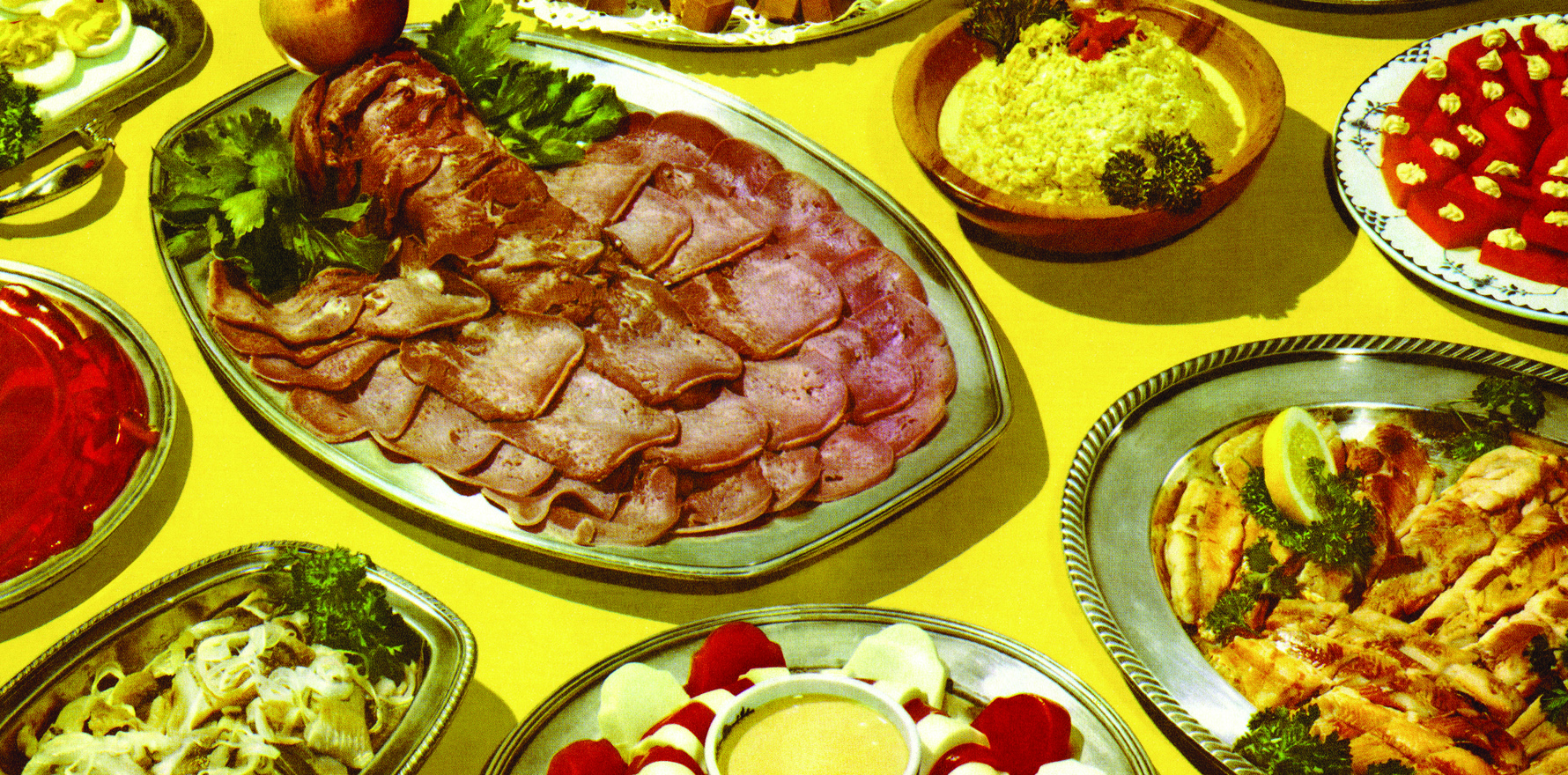The strategy behind pharma rep visits to GPs is certainly not focussing on the type of lunch being provided, writes Dr Dawn Oi
I reluctantly glance at the plate of tepid roast chicken. The poultry fat is pooling at the sides of the plastic plate with the sad wing points heading south.
Alongside is the small pot of token salad, no coleslaw. To follow, there’s a not-so-enticing cardboard tray of jelly slices, interspersed with pieces of raspberry muffin.
My IBS is on high alert and my cholesterol level emits a warning signal.
Who knew drug company lunches could be so bad for one’s health? Ironically, this one is for a cholesterol-lowering medication.
Obviously, my request to ban such roast-chicken lunches from drug reps has not gotten through.
But what makes me entitled to request at least some sushi from a pharma rep? That is the question.
Will a serve of tuna nori roll with pickled ginger (I am Asian, after all) make me more likely to prescribe Drug Rep A’s brand over Drug Rep B’s brand, if the latter serves me dehydrated cheese sandwiches on a plastic plate?
Does a moderate-sized hamper box of gourmet goodies at Christmas equal, say, at least 10 referrals to that radiology service?
That said, perhaps I should stop making referrals to my usual reliable radiology providers as there was a distinct lack of largesse from them this past festive season. (Just kidding.)
Being a GP, we know, means being allocated a smaller entertainment budget than that allocated to other specialists. Along with code of conduct restrictions, there is a logic behind the allocation as the potential payoff in persuading one of to use the relatively cheap treatment Z is going to be far less that when a specialist is persuaded to use the super duper (and super expensive) treatment Y.
These days in general practice, it appears the strategy behind pharma rep visits is certainly not focussing on the type of lunch being provided.
My guess is that more effort is going into matching the medication and the rep with a particular GP.
Menopausal medications are spruiked by approachable middle-aged women to approachable middle-aged female GPs who might be considered more likely to prescribe these medications to their hot flushing female patients.
Antihypertensives are promoted by middle-aged male reps to middle-aged male GPs, who are more likely to attract hypertensive middle-aged male patients.
Oral contraceptives are spruiked by personable young female reps to doctors on the right side of 35 who tend to be favoured by younger female patients. And so it goes.
Makes sense, but it is still a strategy isn’t it? Is being presented with a gourmet salad that much different to be presented with a rep who has been chosen to appeal?
A similar dilemma occurs when grateful patients present you with gifts, such as my lovely 80-year-old female patient who I see often as she keeps breaking bones. Her yearly Christmas shortbread is sublime. Or my Italian patient’s once-a year-gift of home-made salami?
Where is that fine line between an expression of gratitude for your time and effort and a symbol that comes with the expectation of special treatment?
Is the answer to refuse all presents and presentations, with a blind eye turned toward the occasional shortbread? Or is it just to give everyone “special treatment”?
My answer today is to walk past the roast chicken towards the other tearoom where my leftovers from home are waiting to be warmed up.
Egg noodles with ginger soy tofu, accompanied by a side serve of self-righteousness, never tasted so good.
Dr Dawn Oi is a GP in metropolitan Melbourne who hones her literary skills by writing referral letters all day


